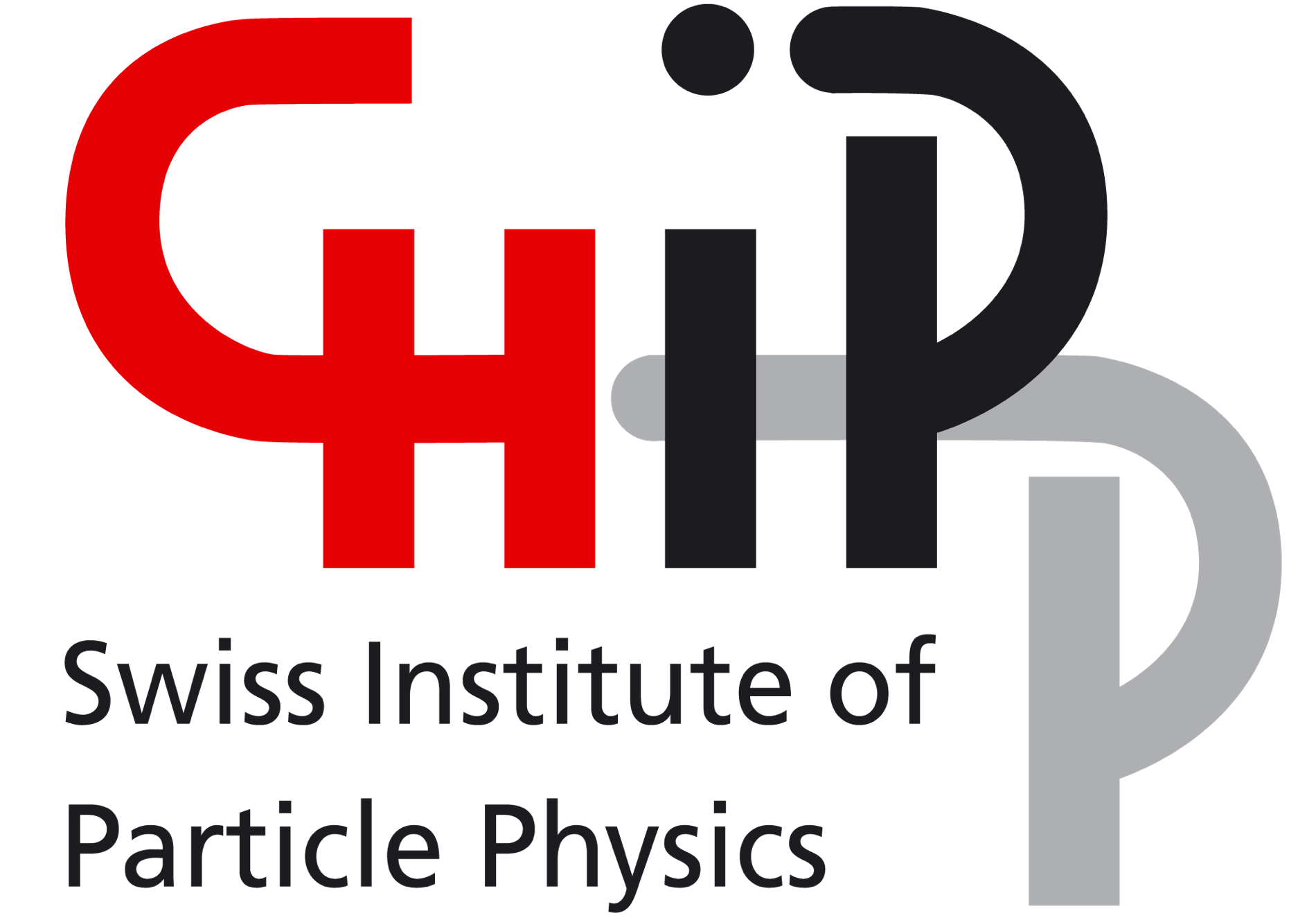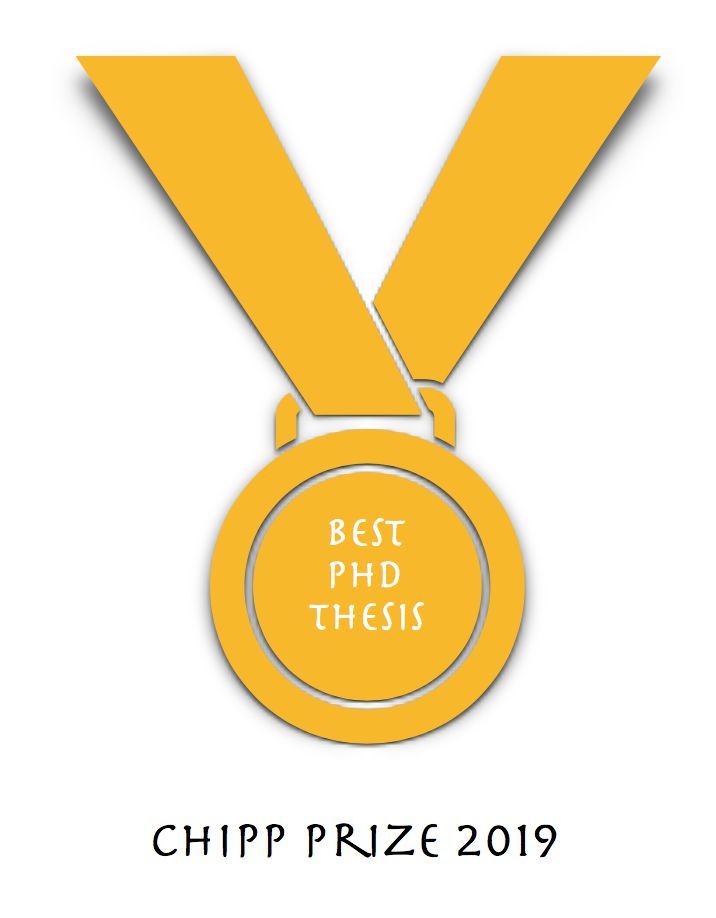Related topics
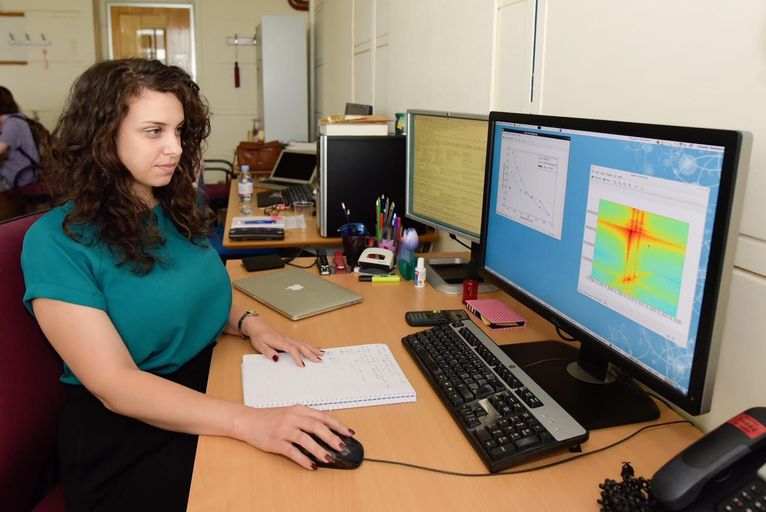
Claudia Tambasco honoured with CHIPP Prize 2018
In order for physicists at CERN to carry out their experiments for the understanding of matter, the large particle accelerator LHC must be operated with the utmost precision. Ensuring this precision both now and in the future was the overriding goal of a doctoral thesis that Claudia Tambasco recently completed at the EPFL in Lausanne. For this work, the young researcher was today (28.08.2018) awarded the prize of the Swiss Institute of Particle Physics (CHIPP) at a ceremony in Lausanne.
Image: Claudia Tambasco, EPFL, Switzerland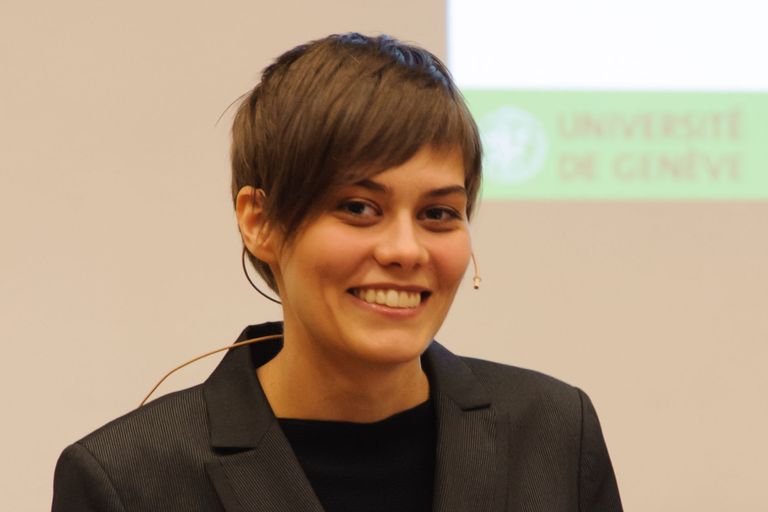
CHIPP Prize 2017 goes to Johanna Gramling
The experimental detection of dark matter is one of the great challenges of current fundamental research in physics. This year’s prize of the Swiss Institute of Particle Physics (CHIPP) is awarded to the physicist Dr. Johanna Gramling for her latest contributions to the search for this mysterious component of matter.
Image: private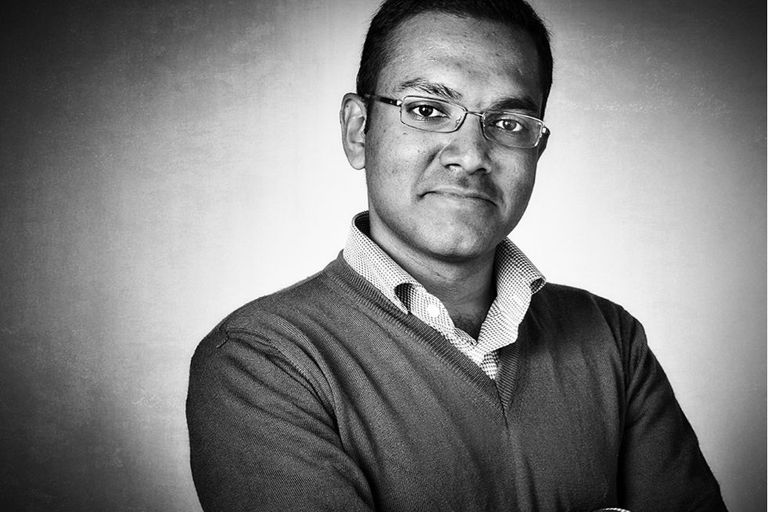
Mohamed Rameez wins the CHIPP Prize 2016
The prize of the Swiss Institute of Particle Physics (CHIPP) 2016 goes to Mohamed Rameez. The 27-year-old neutrino researcher who just has earned his PhD at the University of Geneva has been awarded for his outstanding contributions to the IceCube Collaboration.
Image: Bjarne Sorensen
CHIPP Price 2015
In Goethe´s renowned play “Faust” polymath Heinrich Faust poses the question “whatever holds the world together in its inmost folds”. In his search for an answer he even commits himself to the realm of magic. Lilian Witthauer, particle physicist from Basel, deals with this same big exact question in her doctoral thesis. She found her answers not with the help of magic but through elaborate experiments with particle accelerators. As a reward for the superb quality of her scientific work she received the CHIPP Prize 2015 on July 29th 2015.
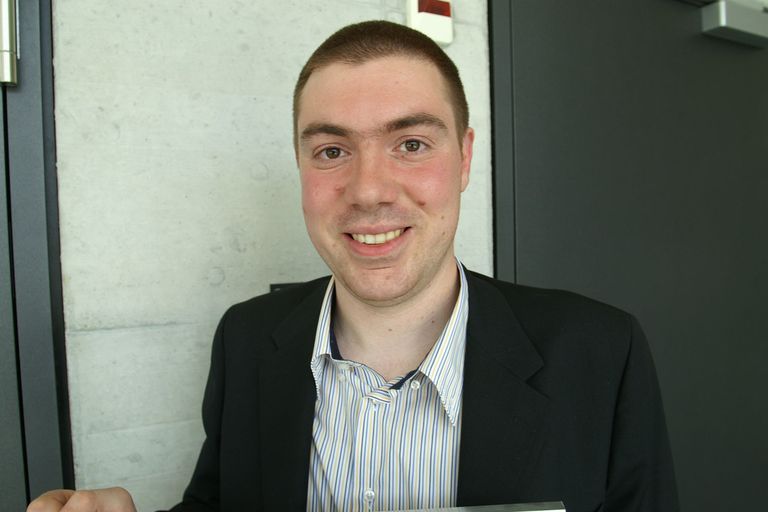
CHIPP Prize 2014
ETH doctoral candidate Marco Peruzzi has been awarded the CHIPP prize 2014 at the CHIPP annual meeting in Fribourg. The 26-year old physicist of Italian descent analyses the so called diphoton decay in the CMS experiment at CERN. His research is a valuable contribution to a better understanding of the Higgs-particle.
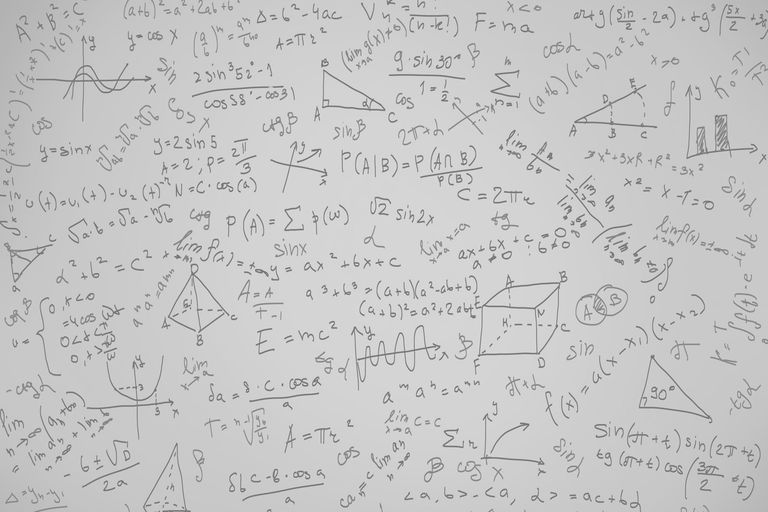
CHIPP prize 2013
On the occasion of its 2013 meeting in Sursee (LU), the Swiss Institute for Particle Physics (CHIPP) has awarded the annual prize for outstanding research in the area of particle physics. Martin Fertl (29) received the prize for his research on the influence of electric fields on neutrons, conducted at the Paul Scherrer Institut (PSI) in Villigen (AG).
Image: denisismagilov, stock.adobe.com